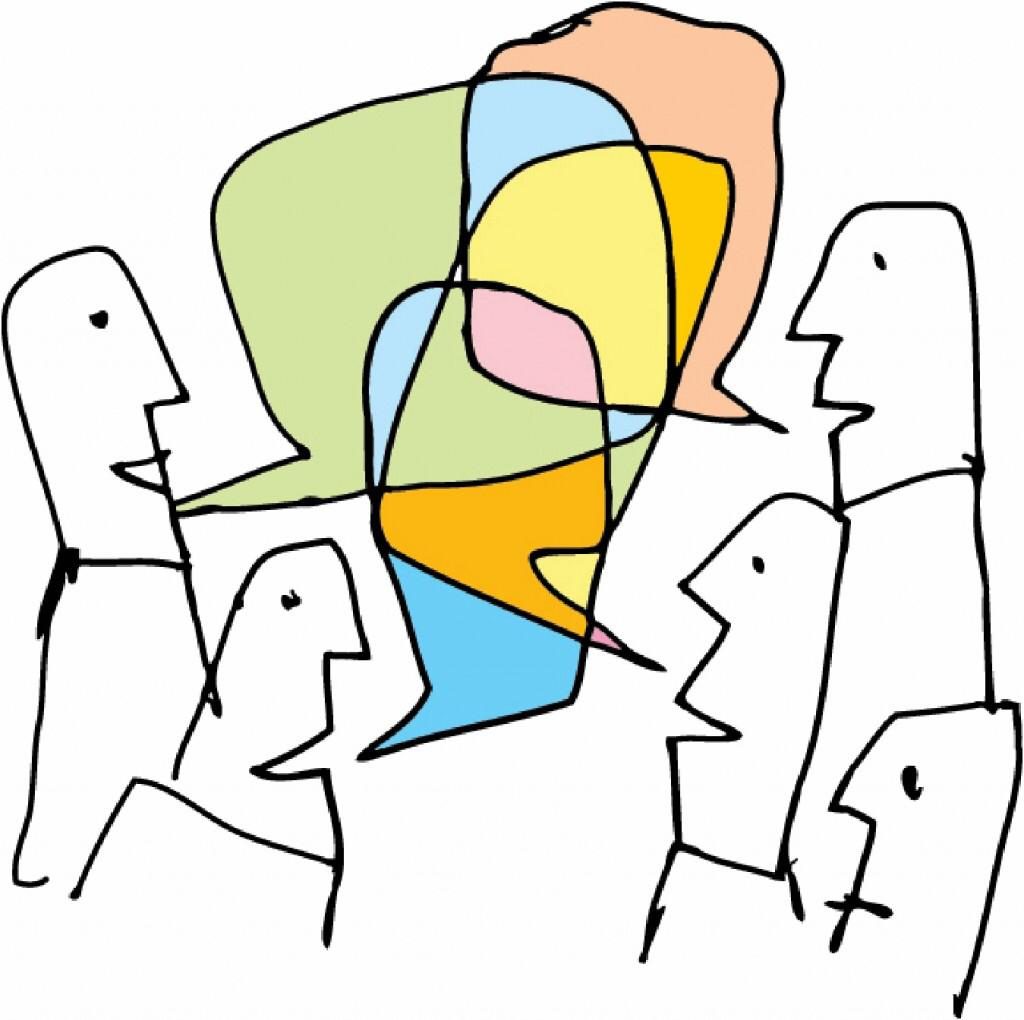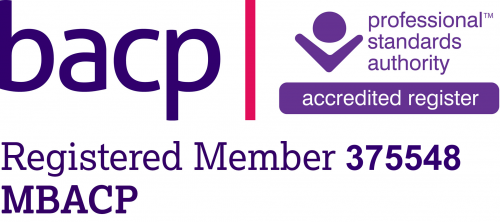
Hello and welcome to my first ever blog post!
I have been mulling over, for quite some time, what my first post should be about. I found myself getting quite excited about certain aspects of psychotherapy and things I thought might be helpful to share with you. However, whenever I sat down to write, it felt like I was starting in the middle of the story; it didn’t feel right.
After a long overdue coffee shop catch-up with an old friend, I found myself pondering, again, what to write. I explained my conundrum to my friend, and we talked through some ideas, but the answer was still unclear. The meet-up was far too short and as I waited at the tram stop, my thoughts turned to some of the conversations we’d had, and the regret that, because of the limited time we had together, there was still so much that we didn’t talk about… and then it hit me!
No, thankfully not the tram, but rather the fact that as a society there is so much that we just don’t talk enough about; not least our mental health! So, rather than jumping straight in to topics such as depression, anxiety, shame, attachment, suicide, or any of the other topics I had considered (and will still cover at some point) sharing first, I simply want to acknowledge that we ALL have mental health, just as we have physical health; it is massively important that we take good care of both.
Why don’t we talk?
Let’s face it, life has changed a lot in recent years. Technology and social media have made it so much easier to keep in touch with friends and family, which is great; however, in many cases this has reduced the amount of actual face to face time that we share. One big downside to all of this is that there is a tendency to project an ideal version of ourselves out into the world, rather than the real and perfectly imperfect versions of ourselves that we really are. This can create a barrier to talking about the nuts and bolts stuff of real life.
Sadly, whether on social media or face to face, many people still find it harder to talk about their mental health than they do about their physical health. This is not surprising if we consider how many of us were raised, hearing typically British things like “Got to keep a stiff upper lip”, or “Oh, have a cup of tea, that’ll make it all seem better”. More standard lines include “Pull yourself together”, “Get over it”, “Don’t be so mardy”, “Wipe away your tears, don’t let them see that you’re upset”, “Emotions are a sign of weakness”, “Man Up!”. – Does any of this seem familiar to you? Perhaps you grew up hearing something different that was equally dismissive of the psychological or emotional pain you were experiencing at the time? I remember hearing “If you don’t stop crying, I’ll give you something to cry about!” – No thanks, I’m not sure that will make things better for either of us!
Yes, life can be pretty confusing at times, especially when we are growing up and trying to find our place in the world. I must stress that I know that not everyone was raised in a way that suppressed the expression of emotions, but I do sincerely believe that those among us that were, were put at a serious disadvantage when it comes to living a psychologically and emotionally healthy life. Instead of learning that our feelings were valid, we learned that we were weak. Instead of learning that we were loved for who we were, we learned that if we show the world who we really are, that we will be rejected; or worse, that if we show some perceived weakness, we might even be punished for it! The truth, of course is that your feelings matter; they always did. You are not weak, you have needed to be incredibly resilient to get this far and you are and always have been worthy of love! The sad thing is that the people who deny us our true feelings were probably victims themselves. This is how their adults (parents/caregivers) taught them to be in the world and unless they took the time to question whether this was a good thing or not, is how they live and expect others to live in the world today. This isn’t about blame, rather recognising that through the generations we haven’t always got things right.
So, what’s the impact?
The impact of all of this is that we become separated from our authentic selves; the version of ourselves that just is, and who we were always meant to be. Instead, we come to believe what we are told, either explicitly or implicitly; that we are fat, skinny, stupid, ugly; that it’s not ok to be sad or to cry, and an almost infinite number of other damaging things. Basically, that it’s not ok to be different, to be unique, to be you. We can come to feel unloved and even unlovable.
As humans, some of our most basic functions are simply to survive and to avoid pain. If, as a child, we feel unsafe or insecure, we quickly learn how to adapt to our environment (including hiding sadness and “weaknesses”) and find ways to feel safe. These aren’t always healthy, but at the time serve to protect us. We develop an attachment style (which I will write in more depth about in a future post) which becomes the template for our future relationships and the basis upon which we see ourselves. How we see ourselves and how we truly feel about ourselves on a deeper level can really impact upon the quality of our mental health.
It’s good to talk
If keeping things bottled up and hidden from the world leaves you feeling isolated and trapped inside your own head, it makes sense that talking things out might just make you feel better. Not wanting to hang out with friends because you don’t feel like you’d be good company is exactly the reason that you should. If you think you’d be bad company for someone else, the chances are you’re going to be terrible company for yourself! Opening up to a friend about how you are feeling can really help put things in to perspective and might also encourage your friend to open up to you.
If for whatever reason you cannot open up to someone else, but really do need someone to listen to you and hear your truth, I would love to hear from you. Visit my website www.jamespalfreyman-counsellingandpsychotherapy.com to learn more about me and what support I can offer. Alternatively, you can email me at enquiries@jamespalfreyman-counsellingandpsychotherapy.com .
If you have found this post useful, or know somebody else that might, then please do share. Together, we can help people to help themselves.
Thank you for reading.


Leave a Reply